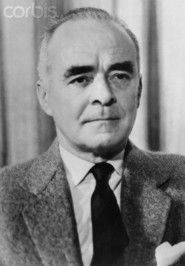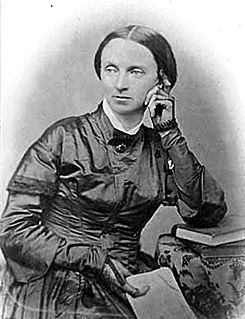A Quote by Samuel Johnson
Timidity is a disease of the mind, obstinate and fatal; for a man once persuaded that any impediment is insuperable has given it, with respect to himself, that strength and weight which it had not before.
Related Quotes
As long as a man is persuaded that he can make even the smallest contribution to his salvation, he remains self-confident and does not utterly despair of himself, and so is not humbled before God. Such a man plans out for himself a position, an occasion, a work, which shall bring him final salvation, but which will not.
This would be a tricky operation, no doubt of that, and a mistake would probably be fatal. So many things he had done over the years would have been fatal, had his luck not been strongly good. He had cheated death dozens of times, but that did not mean he could take it as a given. A man needed only one fatal mistake to end the game.
Philosophers have long conceded, however, that every man has two educators: 'that which is given to him, and the other that which he gives himself. Of the two kinds the latter is by far the more desirable. Indeed all that is most worthy in man he must work out and conquer for himself. It is that which constitutes our real and best nourishment. What we are merely taught seldom nourishes the mind like that which we teach ourselves.
It is fatal to be a man or woman pure and simple; one must be woman-manly or man-womanly. It is fatal for a woman to lay the least stress on any grievance; to plead even with justice any cause; in any way to speak consciously as a woman. And fatal is no figure of speech; for anything written with that conscious bias is doomed to death. It ceases to be fertilized.
If a man, holding a belief which he was taught in childhood or persuaded of afterwards, keeps down and pushes away any doubts which arise about it in his mind, purposely avoids the reading of books and the company of men that call in question or discuss it, and regards as impious those questions which cannot easily be asked without disturbing it - the life of that man is one long sin against mankind.
Though neither happiness nor respect are worth anything, because unless both are coming from the truest motives, they are simply deceits. A successful man earns the respect of the world never mind what is the state of his mind, or his manner of earning. So what is the good of such respect, and how happy will such a man be in himself? And if he is what passes for happy, such a state is lower than the self-content of the meanest animal.
The diagnosis of drunkenness was that it was a disease for which the patient was in no way responsible, that it was created by existing saloons, and non-existing bright hearths, smiling wives, pretty caps and aprons. The cure was the patent nostrum of pledge-signing, a lying-made-easy invention, which like calomel, seldom had any permanent effect on the disease for which it was given, and never failed to produce another and a worse. Here the care created an epidemic of forgery, falsehood and perjury.




































